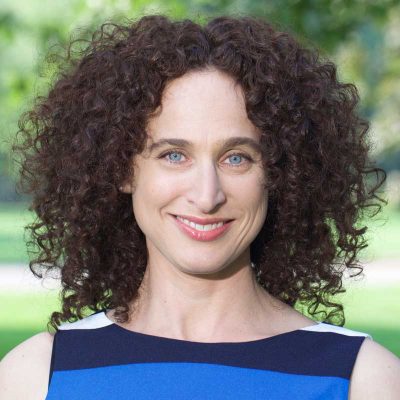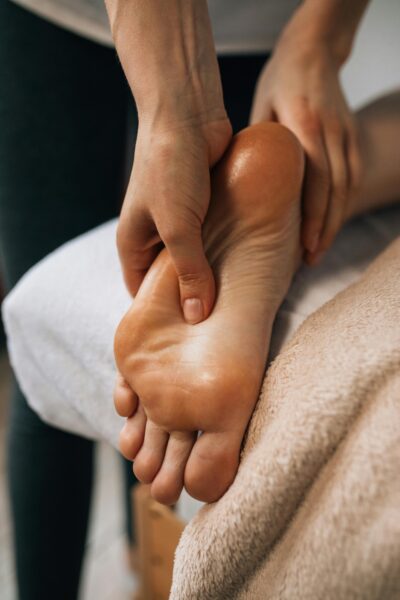Effects of traditional Chinese acupuncture in post-viral olfactory dysfunction
Vent J, Wang DW, Damm M.
Source
Department of Otorhinolaryngology, Head and Neck Surgery, University of Cologne Medical Center, Cologne, Germany. Julia.vent@uk-koeln.de
Abstract
OBJECTIVE:
To date, recovery of olfactory function after viral infection of the upper airway cannot be achieved reliably with pharmacotherapy. The aim of this study was to evaluate the effects of traditional Chinese acupuncture (TCA) on olfactory function in patients with persistent post-viral olfactory dysfunction (PVOD).
STUDY DESIGN:
Historical cohort study.
SETTING:
University Medical Center, Department of Otorhinolaryngology.
SUBJECTS AND METHODS:
A total of 15 patients presenting to the outpatient clinic with PVOD were treated by TCA in 10 weekly, 30-minute sessions. Subjective olfactometry was performed with the Sniffin’ Sticks test set. Treatment success was defined as an increase in Sniffin’ Sticks test scores of at least six points. The effects of TCA, obtained with the chi(2) test, were compared with those of matched pairs suffering from PVOD who had been treated with vitamin B complex over 12 weeks.
RESULTS:
Eight patients treated with TCA had improved olfactory function compared with two treated with vitamin B complex. chi(2) test revealed a significantly better outcome in olfactory function in patients undergoing acupuncture compared with patients receiving vitamin B complex (P = 0.02).
CONCLUSION:
TCA possibly offers a new therapeutic regimen for post-viral dysosmia. More research in a larger case series is needed before a clearer picture will emerge.
Copyright 2010 American Academy of Otolaryngology-Head and Neck Surgery Foundation. Published by Mosby, Inc. All rights reserved.



